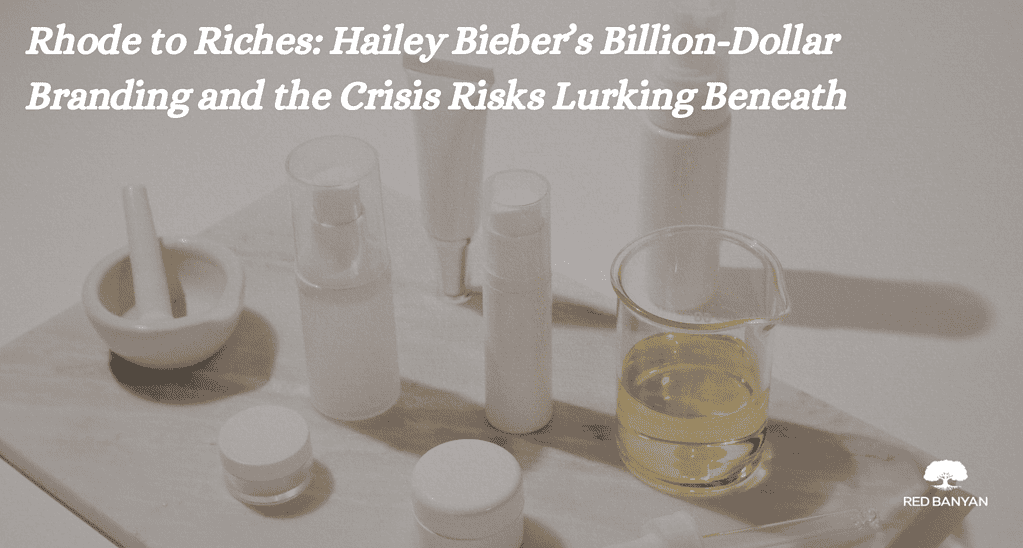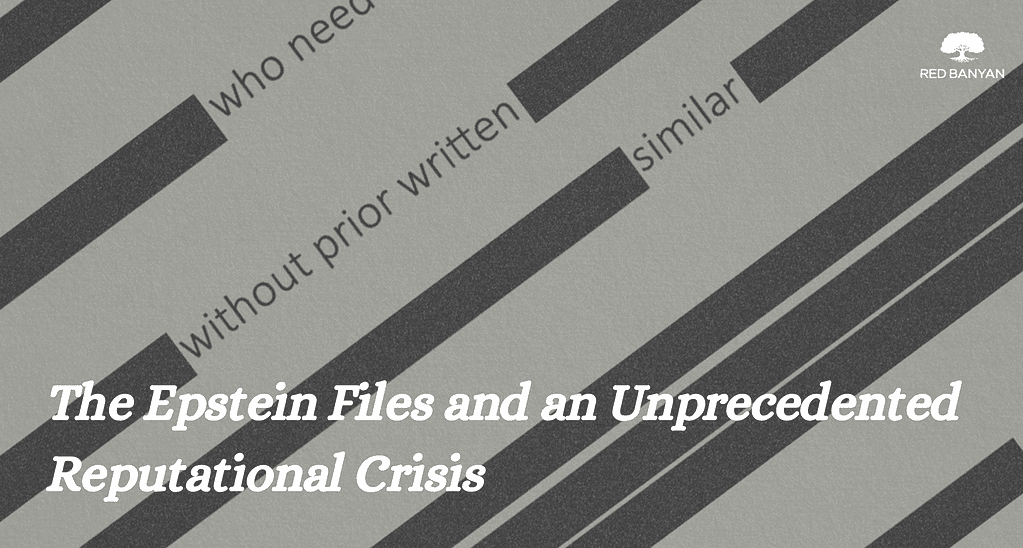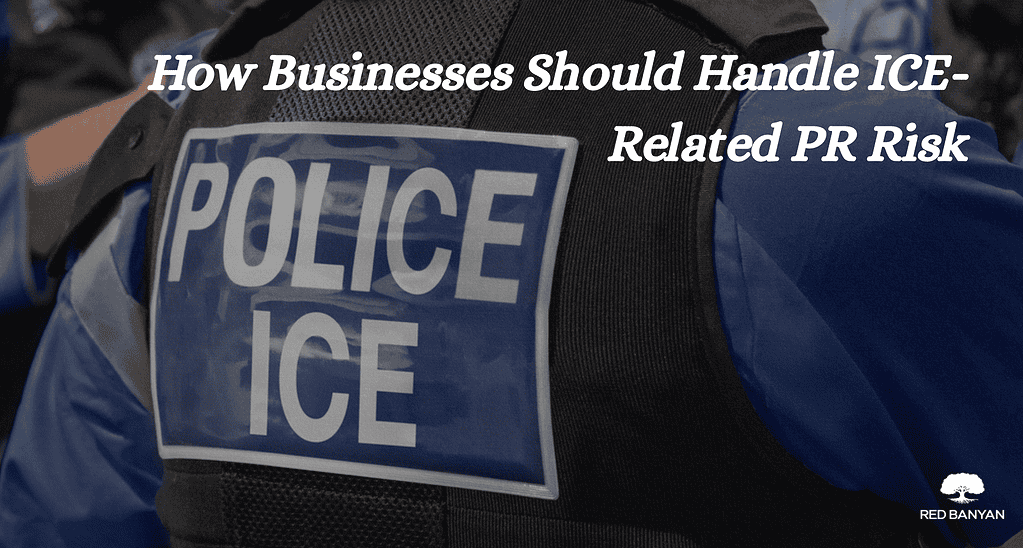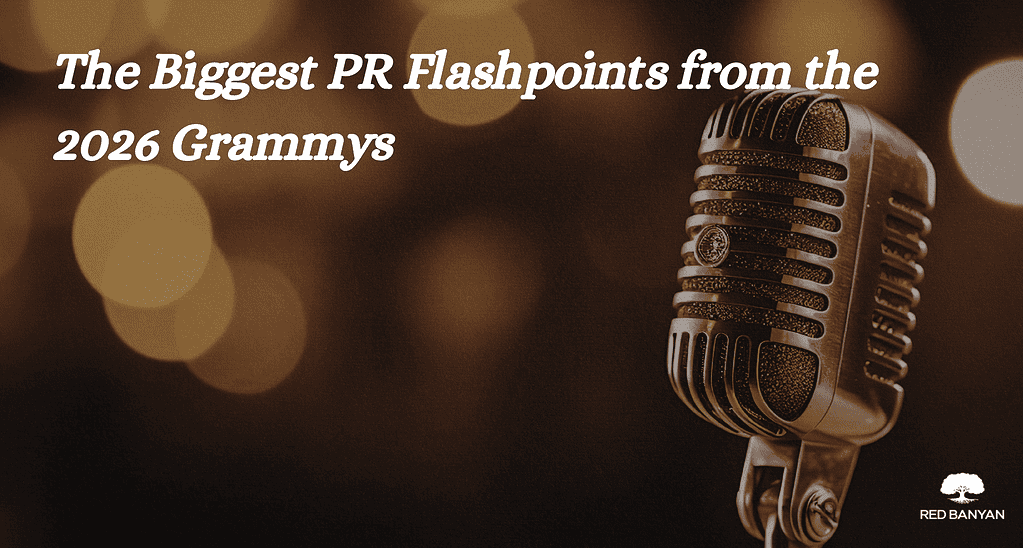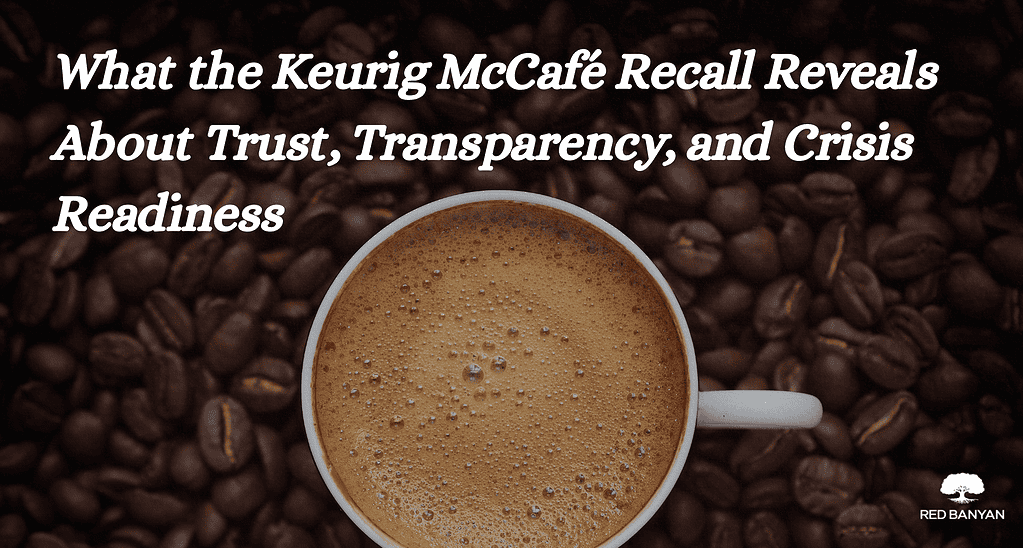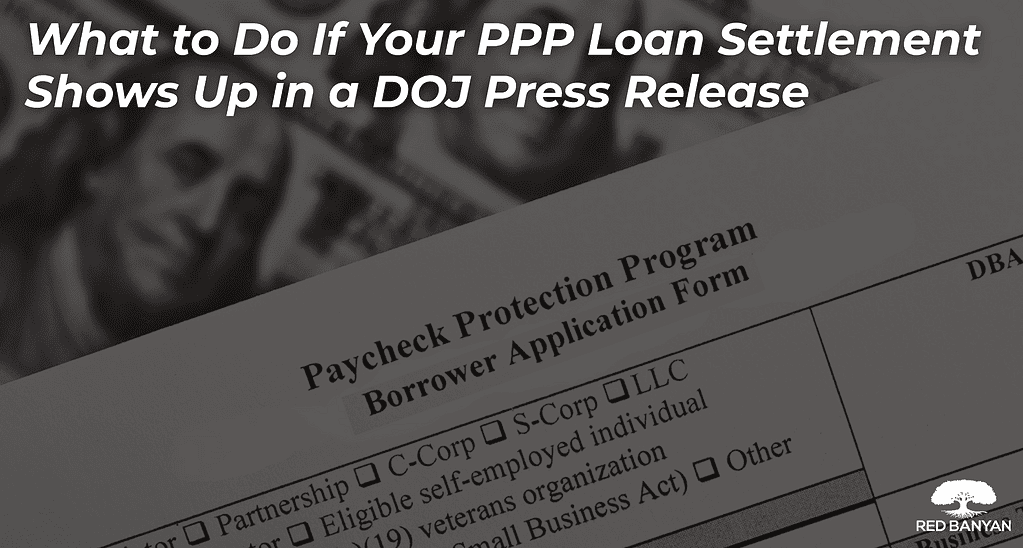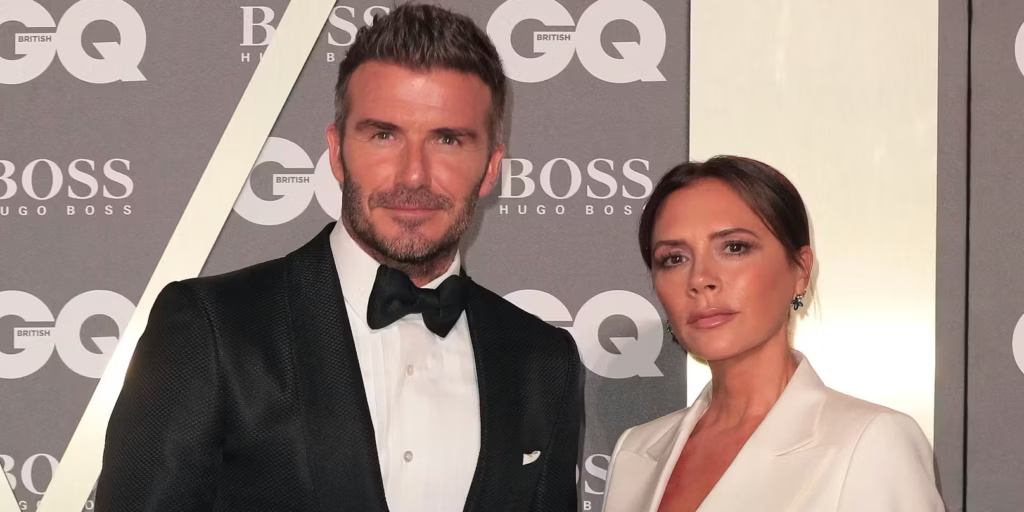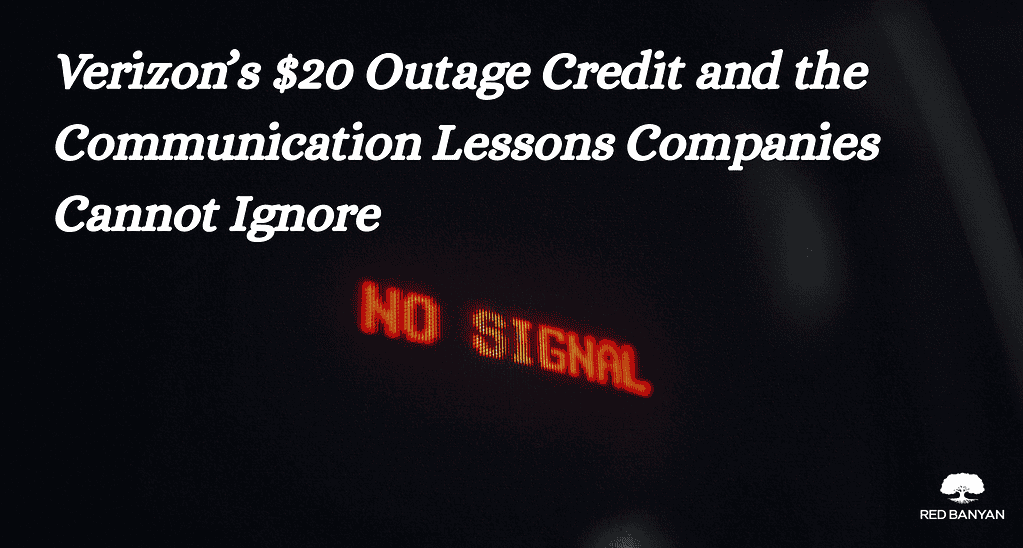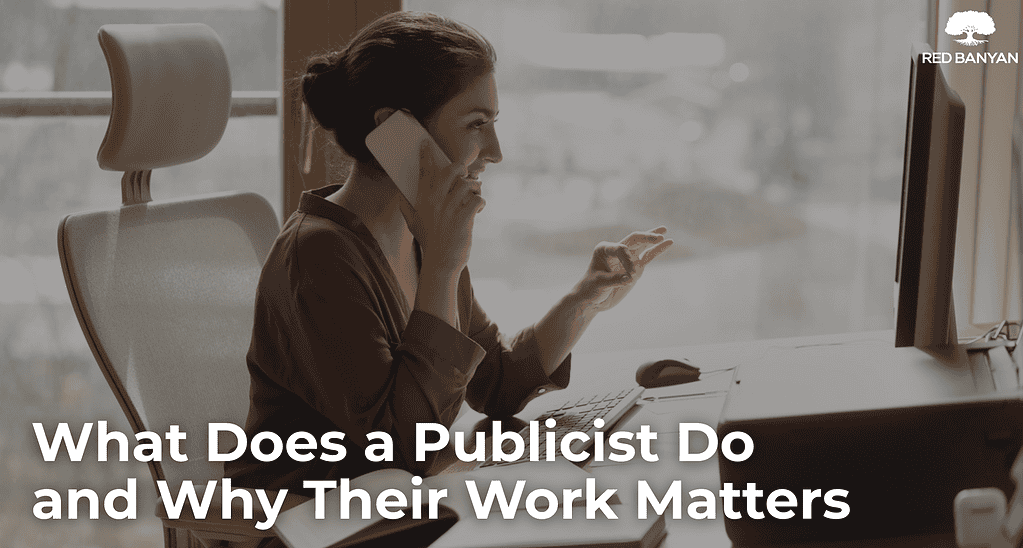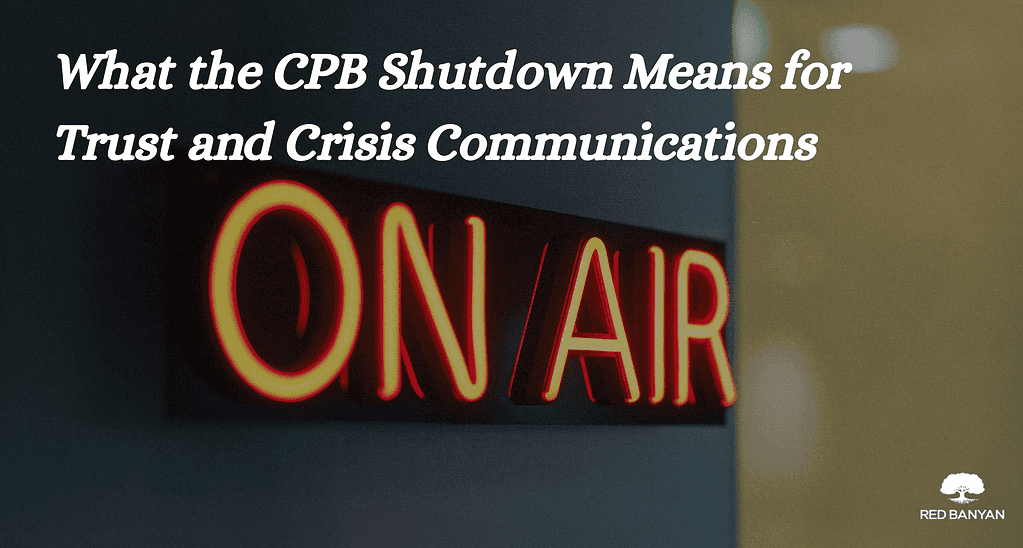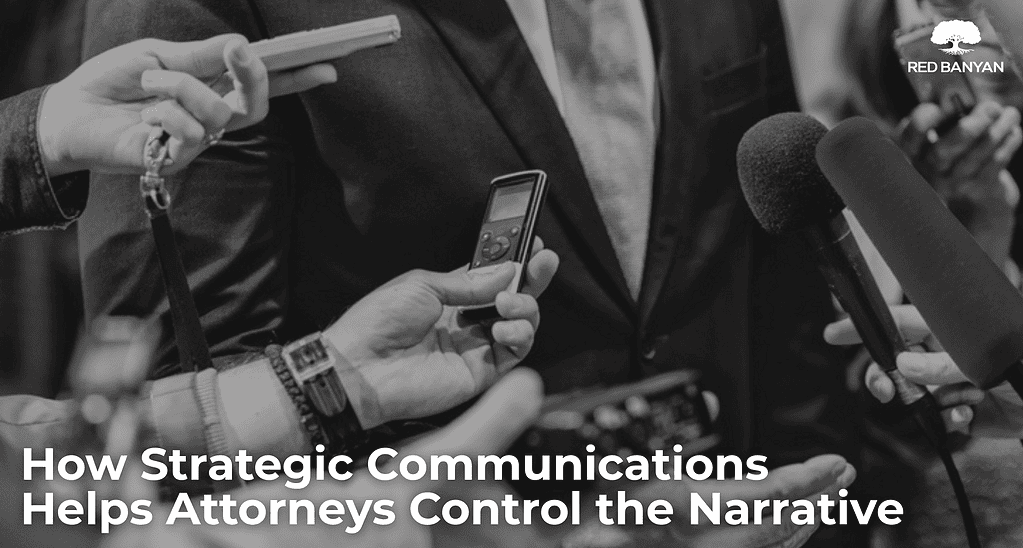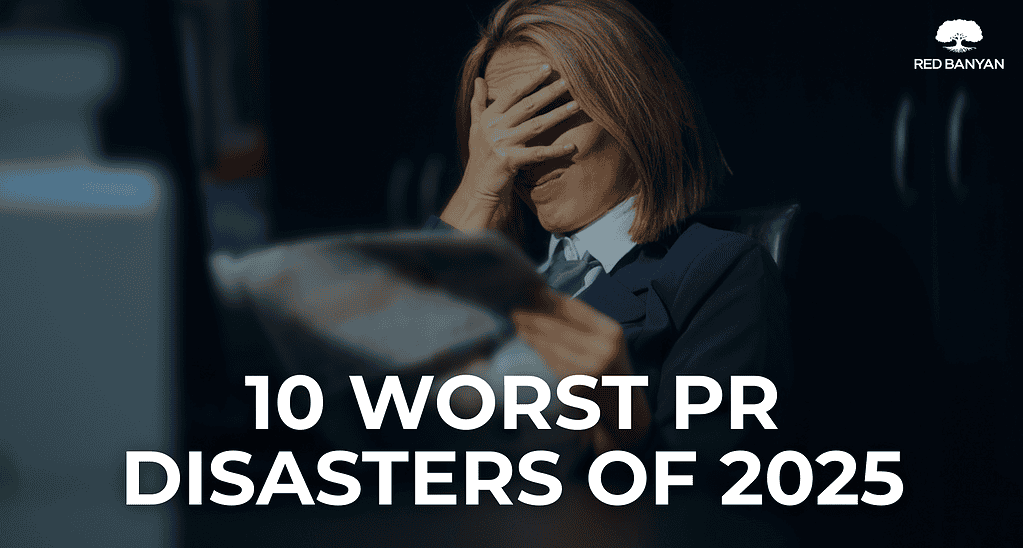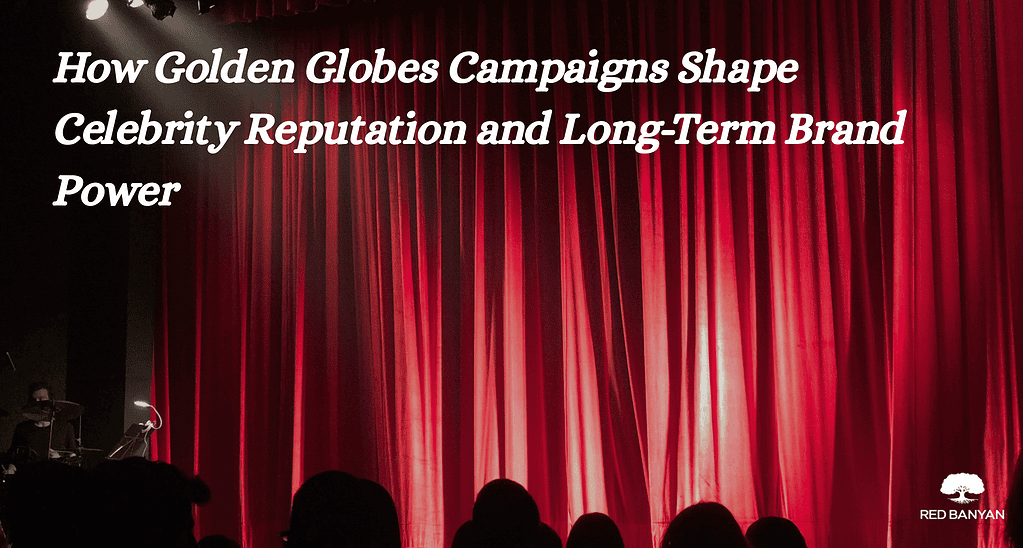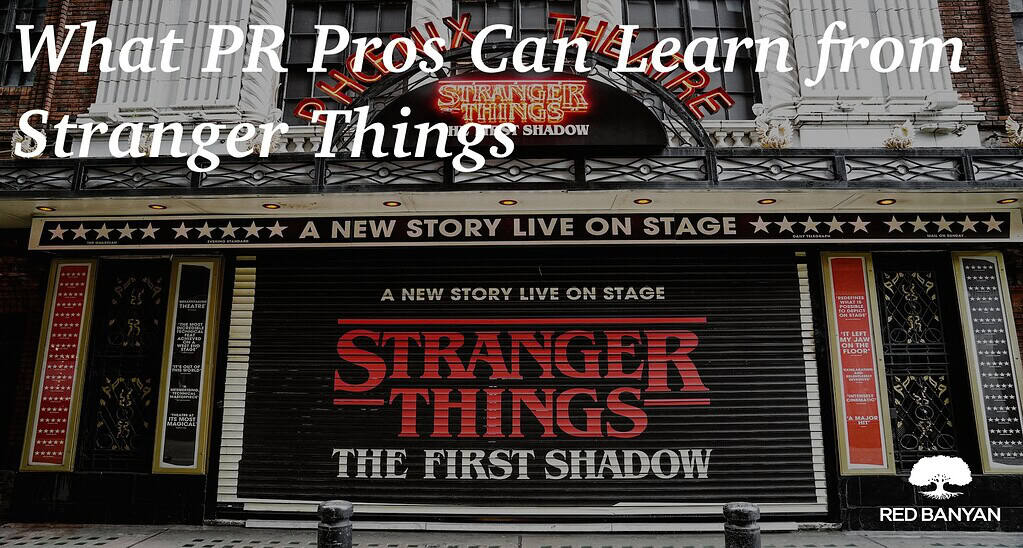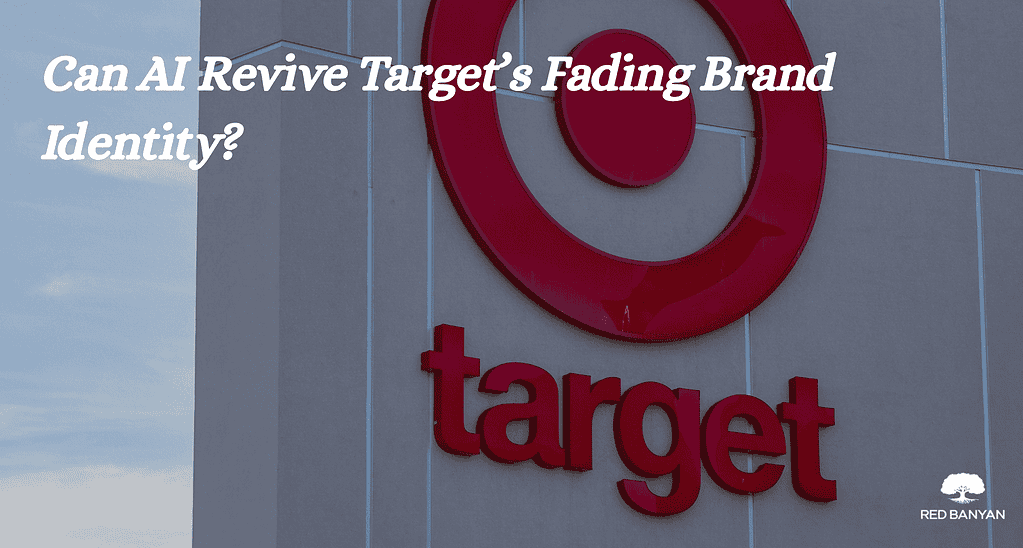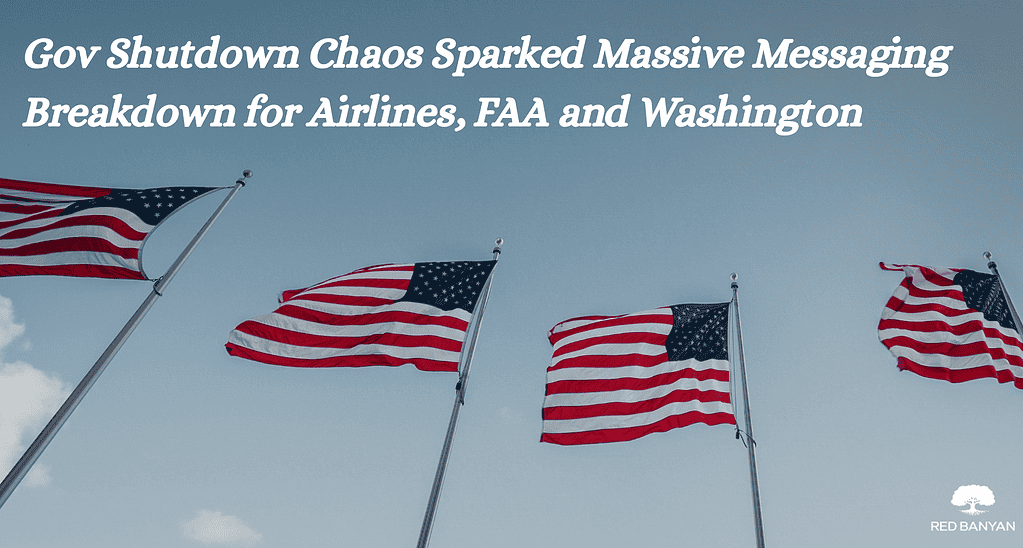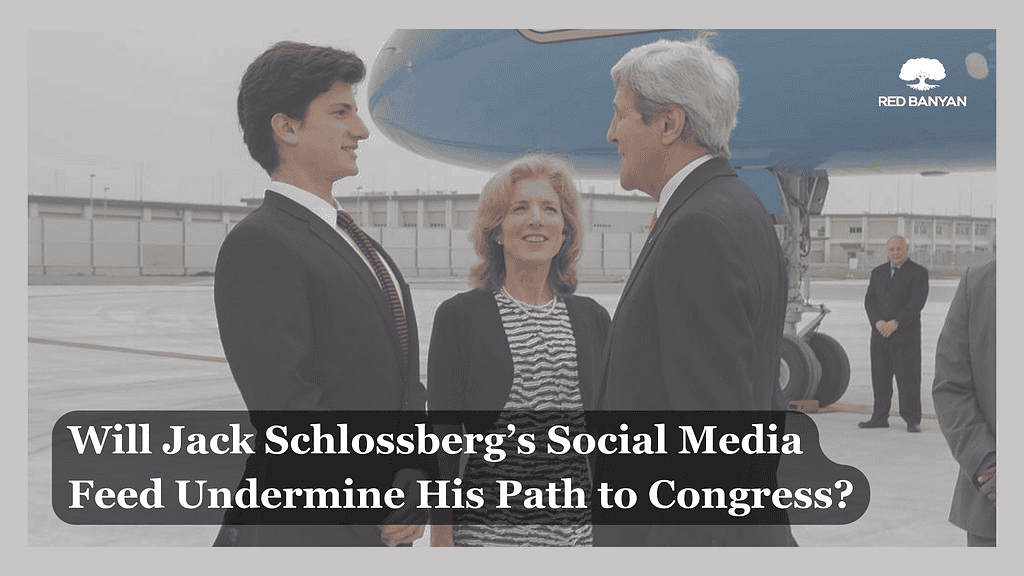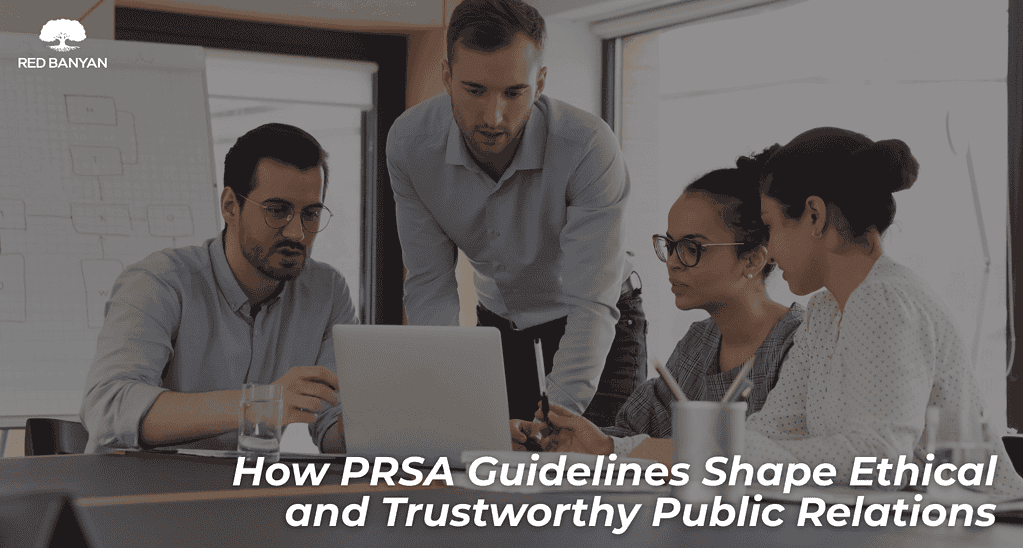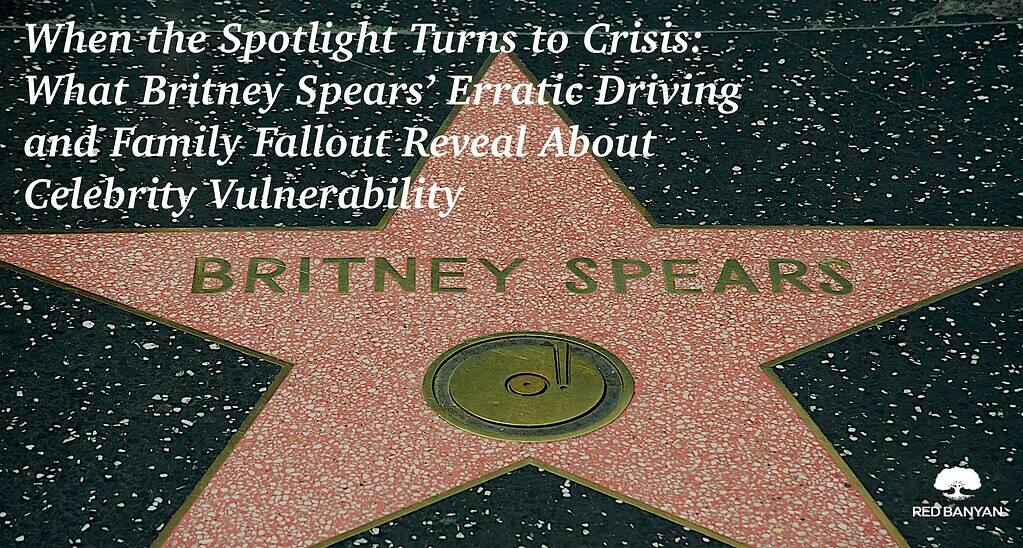A Skincare Sensation and a Modern Branding Triumph
In just three years, Hailey Bieber built Rhode Beauty into one of the most talked-about celebrity beauty brands. The company’s recent $1.1 billion acquisition by e.l.f. Beauty is a powerful reminder of how founder-driven companies can disrupt the beauty industry and command premium valuations.
With only ten products, including the cult-favorite Peptide Lip Treatment and Pineapple Refresh Cleanser, Rhode’s success is rooted in minimalism, affordability, and digital-first marketing. Rhode Beauty’s ability to connect with Gen Z and Millennials through social media platforms helped it reach $212 million in net sales in the fiscal year ending March 2025.
What makes celebrity beauty brands like Rhode successful is the seamless fusion of personal branding and product marketing. But when your brand identity is deeply tied to a high-profile individual, it’s not just about innovation or aesthetics, it’s about risk management.
The Product Is the Person
Hailey Bieber’s personal brand is the core of Rhode’s identity. Her image, social media activity, and lifestyle choices all influence how consumers perceive the products. This is the hallmark of founder-driven companies, but it also creates vulnerabilities.
“You’re not just selling a product, you’re selling a person,” says Evan Nierman, founder and CEO of crisis communications firm Red Banyan. “When a brand is so closely tied to a celebrity, any personal controversy can quickly become a corporate crisis.”
This connection means that a misstep by Bieber could directly trigger a PR crisis. In the court of public opinion, there is little separation between the founder and the brand. That’s why reputation management for public figures is no longer optional, it’s a business imperative.
The Cancel Culture Minefield
The volatile nature of cancel culture and business makes it crucial for celebrity brands to prepare for social media backlash. One poorly interpreted post or a misjudged collaboration can result in consumer boycotts, trending hashtags, and real financial consequences.
How to protect your brand from cancel culture? Nierman advises taking a proactive stance. “The public doesn’t separate the product from the person. That means brands like Rhode must have airtight crisis communication strategies in place before the storm hits.”
Preparing for the Storm While the Sun is Still Shining
Rhode’s story offers clear lessons in crisis communication best practices for beauty brands, particularly those led by high-profile founders. Every celebrity beauty brand should begin with crisis-proofing, which includes developing a comprehensive communication strategy supported by social media monitoring, response playbooks, and media training. Next, brands must broaden their voice by elevating company leaders, employees, or influencers to diversify the brand’s image and reduce dependence on the founder. Transparency and accountability are also essential, as today’s consumers expect authenticity and swift, honest responses to mistakes. Finally, building a strong reputation management infrastructure, one that includes legal, PR, and social teams working in close coordination, ensures that the brand can make rapid, well-informed decisions when reputational threats arise.
Celebrity can catapult a brand to success, but it also brings intense scrutiny. As Rhode expands its global reach, it must evolve beyond being a direct extension of Hailey Bieber’s personal brand. Building a crisis-proof celebrity brand means creating value that endures beyond the headlines.
Evan Nierman puts it bluntly, “The more successful you are, the more you have to lose.”Rhode’s journey is a powerful example of what’s possible when personal branding meets strategic execution. But for lasting impact, it must become more than Hailey Bieber’s skincare line. In an era where brand identity and perception are shaped in real time, only those companies that combine vision with vigilance will thrive.
In today’s fast-moving digital landscape, agencies like Red Banyan play a critical role in helping public figures and brands manage visibility, navigate backlash, and protect their reputations with strategic, real-time crisis communication.

